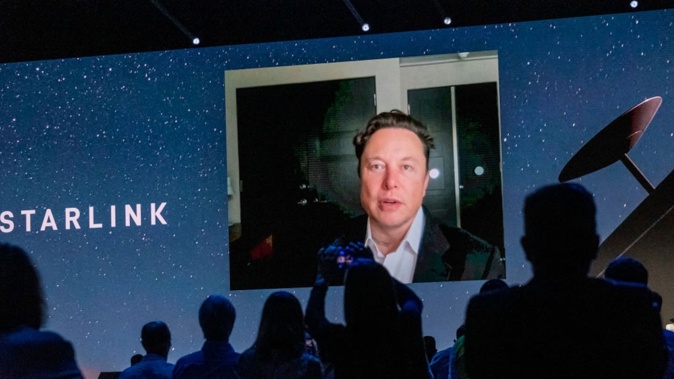
Starlink - owned by Elon Space X – now has more than 37,000 customers for broadband service, which delivers internet anywhere via a dish on your home, bach, boat or (if you’re Air New Zealand) plane.
The flipside is that its NZ revenue is suddenly above the $10 million threshold for contributing to the $12m annual Telecommunications Development Levy – a tax on the industry used to help fund the likes of emergency calling and rural broadband initiatives.
Specifically, the Commerce Commission says SpaceX had $73.8m revenue from Starlink in NZ between July 2023 and June 2024 – meaning it has to chip in $182,000 toward the levy (which is divided up among telcos in proportion to their revenue – see table below).
This year’s levy determination is also interesting for including Sky TV, which recently reported a 10,000 annual rise in subscribers for its nascent broadband service to 36,000. The ComCom says Sky had $52.4m revenue from broadband, meaning it has to chip in $129,000 – still a modest amount next to market leader Spark, which has to pay $3.4m toward the levy.
The proposed levy shares are a draft. The various players often dispute their total before the final determination (including a number of challenges that have been taken to the High Court). Starlink has been asked for comment.
The levy was previously $50m per year, but was reduced to $12m annually as public-private broadband infrastructure projects wound down. Chorus has called for it to be dialled back up to $50m to fund a $2.5b expansion of the Ultrafast Broadband (UFB) rollout into rural areas. The Government has not been immediately open to the idea.
Starlink: 12,000 to 37,000 customers in a year
In August, the ComCom released its annual Telecommunications Monitoring Report, which showed that NZ customer numbers for Elon Musk’s Starlink satellite broadband service, which costs between $79 and $150 for unlimited data to a home (cheap by satellite standards), had jumped from 12,000 to 37,000 the previous year. Around 34,000 of these connections are in rural areas, the report said.
Starlink has sold direct to Kiwi households through its website – but with a lot of traditional marketing in the mix as Musk’s firm has bought newspaper ads and billboards, and dropped leaflets in letterboxes.
Spark, One NZ and 2degrees have signed on as resellers as the more expensive business-grade version of Starlink – which involves a larger, higher-gain satellite dish.
Separately, One NZ has also partnered on Starlink’s Direct to Cell service, which will eliminate mobile blackspots through satellites acting as “celltowers in the Sky”.
One NZ has not commented on its exclusivity period, or the cost. On X, Musk said anchor Direct to Cell customers would get a one-year jump on the pack.
Telecommunications Development Levy contributions
Beyond the rise of Starlink and Sky, the ComCom’s draft determination for the year to June shows the dominance of the four largest telecommunications players (Spark, One NZ, Chorus and 2degrees) in revenue terms, and the rise of power company broadband bundles as Mercury, Devoli (which partners with Contact) and Nova owner Todd Energy feature.
The table also features the three smaller local fibre companies (Chorus has the lion’s share of the UFB by territory): Tuatai First Fibre in the central North Island, Enable in Christchurch and Northpower Fibre in Northland, plus the two celltower firms formed after Spark, One NZ and 2degrees sold passive celltowers on their networks: Connexa (the manager of Spark and 2degrees’ towers, majority owned by the Ontario Teachers Pension Fund) and Fortysouth (co-owned by One NZ parent Infratil and a consortium of private equity firms).
 Draft Telecommunications Development Levy contributions, year to June 30, 2024. Source / Commerce Commission
Draft Telecommunications Development Levy contributions, year to June 30, 2024. Source / Commerce Commission
Chris Keall is an Auckland-based member of the Herald’s business team. He joined the Herald in 2018 and is the technology editor and a senior business writer.
Take your Radio, Podcasts and Music with you









